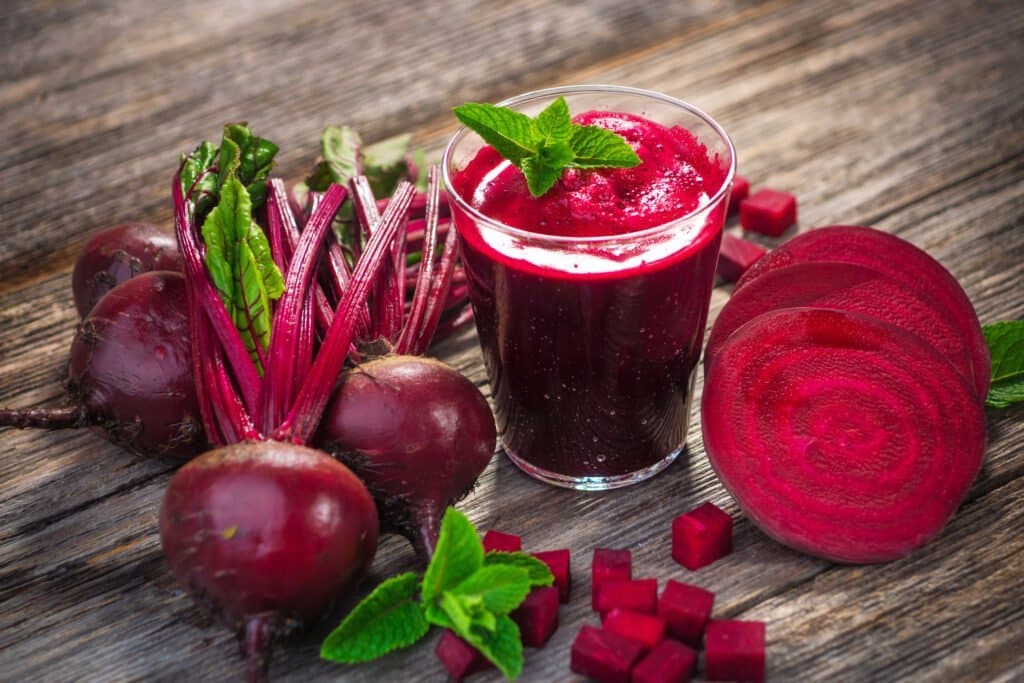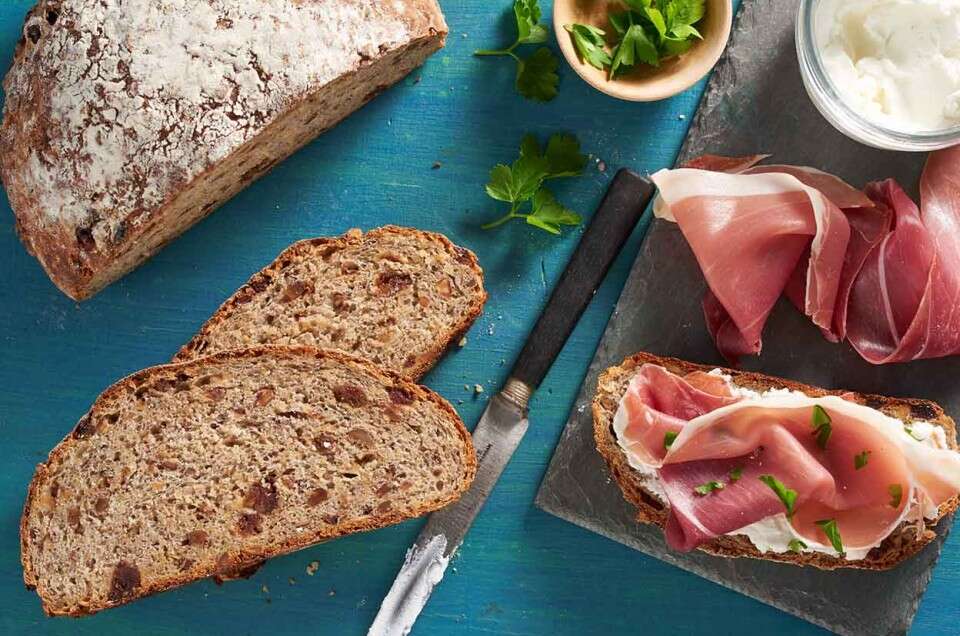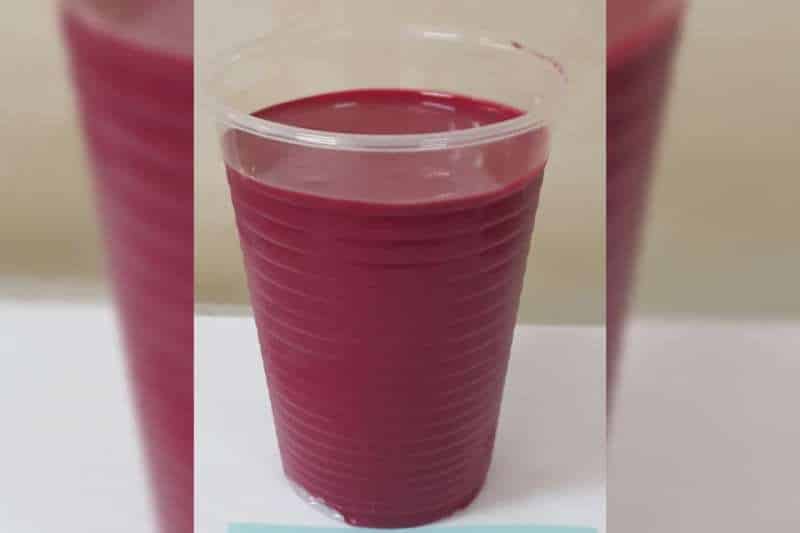A team of Russian scientists from South Ural State University and their Egyptian colleagues have created two functional foods to fight anemia.
It is a bread and drink rich in iron and proteins that help treat anemia and other minerals that strengthen the immune system.
The paper on the creation and benefits of functional foods was published in the Journal of Food Processing and Preservation and Plants.
Functional foods: health in the bottle and at the table

An international team of scientists led by Professor Sobhi Akhmed Azab Al-Sukhaimi has developed a sort of “Tru Blood”. A drink that literally "makes blood" improving health and saturation. Functional foods like this can sound the charge and completely reverse a trend (however declining): that of tasty but "rich" and heavy food.
To move from consumption habits to healthy food Researchers from the Department of Catering Technology and Organization seek to create new healthy foods.
Total war on anemia
Recent developments by scientists are aimed at combating anemia and malnutrition. These painful conditions are common in the modern world and you can get rid of them by nourishing yourself, for example, with functional drinks and foods.
Tru blood

Under the leadership of Professor Al-Suhaimi, a team of researchers created and tested a special fermented beet juice to treat and prevent anemia.
The juice is a blend of beetroot extract, milk and probiotics. It is the first fermented drink created for this purpose.
“It should be kept in mind that we have not created drugs, but natural functional foods. This juice can compensate for the lack of iron, zinc, manganese and calcium in the body. One serving of the drink meets the entire requirement of these minerals. Its carbohydrate content is low. It will help overcome anemia and improve digestion,” he says Sobhi Ahmed Azab Al-Suhaimi, professor of the Department of Technology and Organization of Public Catering at the Institute of Sport, Tourism and Services.
“Iron” bread

The second of the functional foods against anemia is quinoa bread. Flour from this pseudo-wheat was added to wheat flour to produce this food. Experimentally, scientists have found that with a ratio of up to 30%, the baked product retains the nutritional elements of quinoa. In such an amount (30%), quinoa has never been used for baking bread.
In this super bread the amino acid content has tripled, the iron quadrupled and there are even more vitamins and minerals. 300 grams of such bread per day allows a person to replenish all the nutrients contained in the product. 100 grams guarantee the same result in combination with other "rich" products, such as meat or eggs.
“In this study we focused on the needs of pregnant women and children, who often suffer from anemia and malnutrition. This bread will help them cope with these problems. Furthermore, despite the addition of quinoa the price of this bread will be acceptable. Even people with a low income will be able to buy it,” explains Professor Al-Suhaimi.
References: Eman Abdo et al. Nutritional assessment of beets (beta vulgaris L.) and its potential application in a functional drink (2020). DOI: 10.3390 / plants9121752
Sobhy El - Sohaimy A. et al. Development and characterization of functional bread supplemented with quinoa flour, Journal of Food Processing and Preservation (2020). DOI: 10.1111 / jfpp.15180


